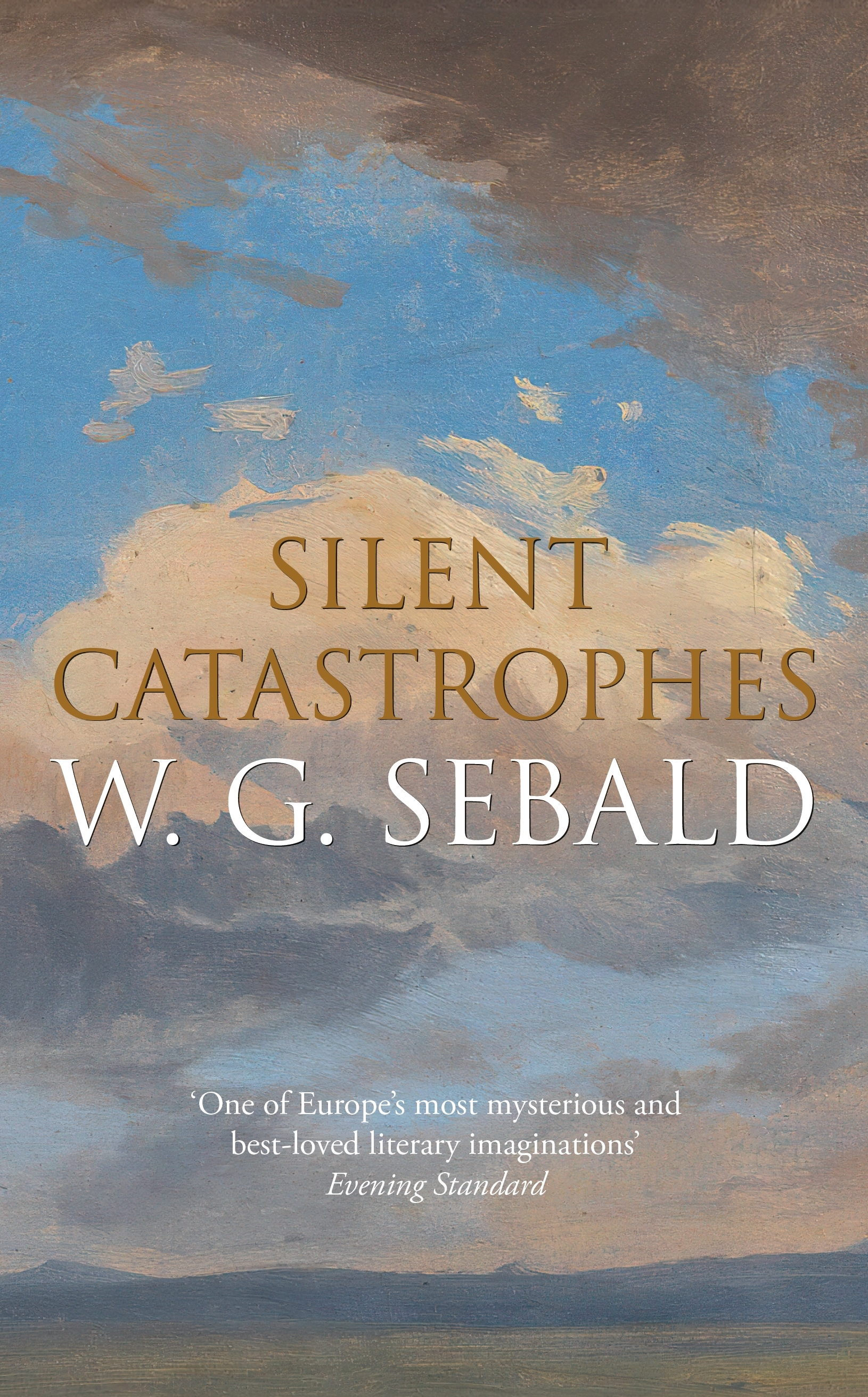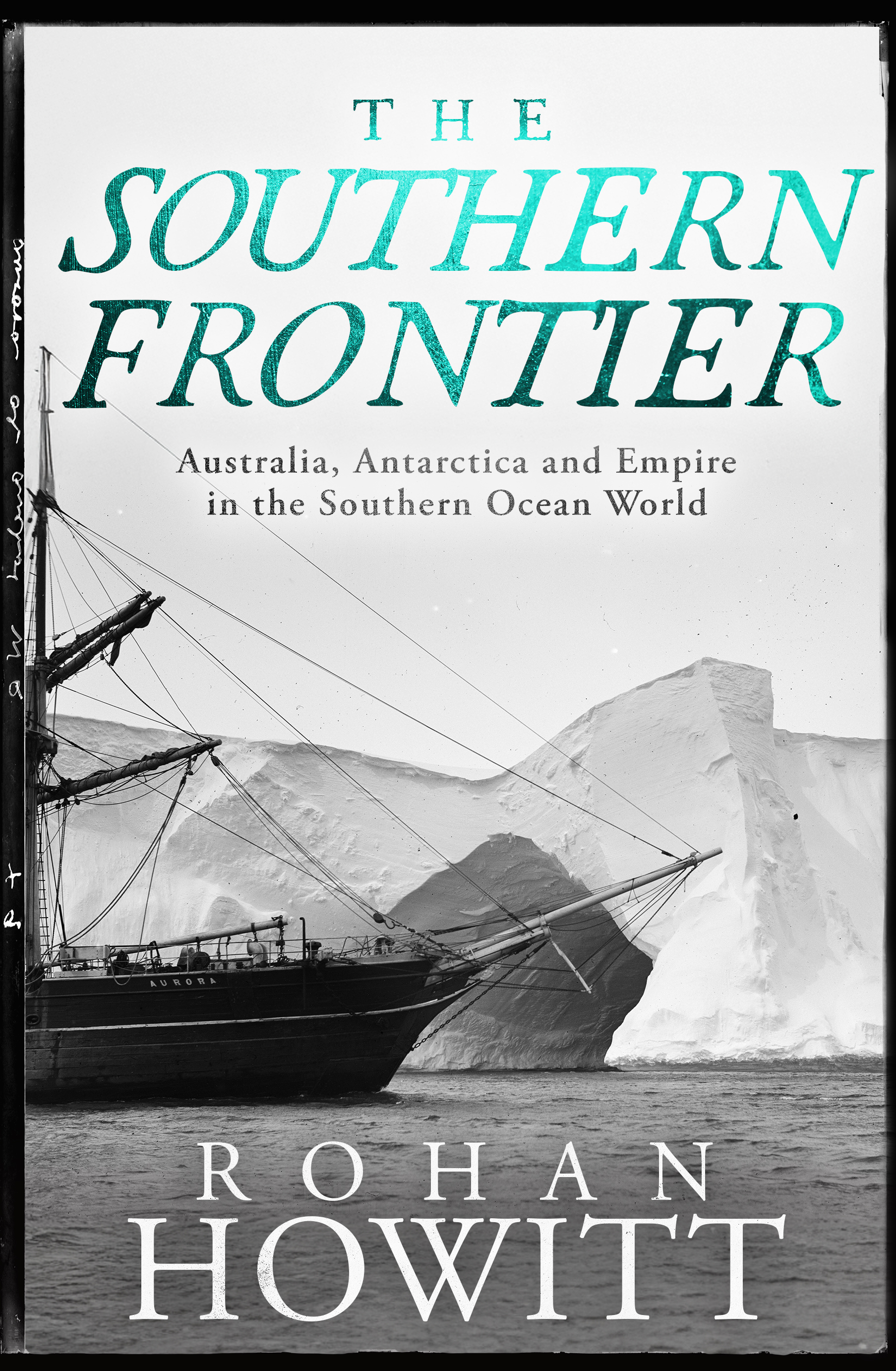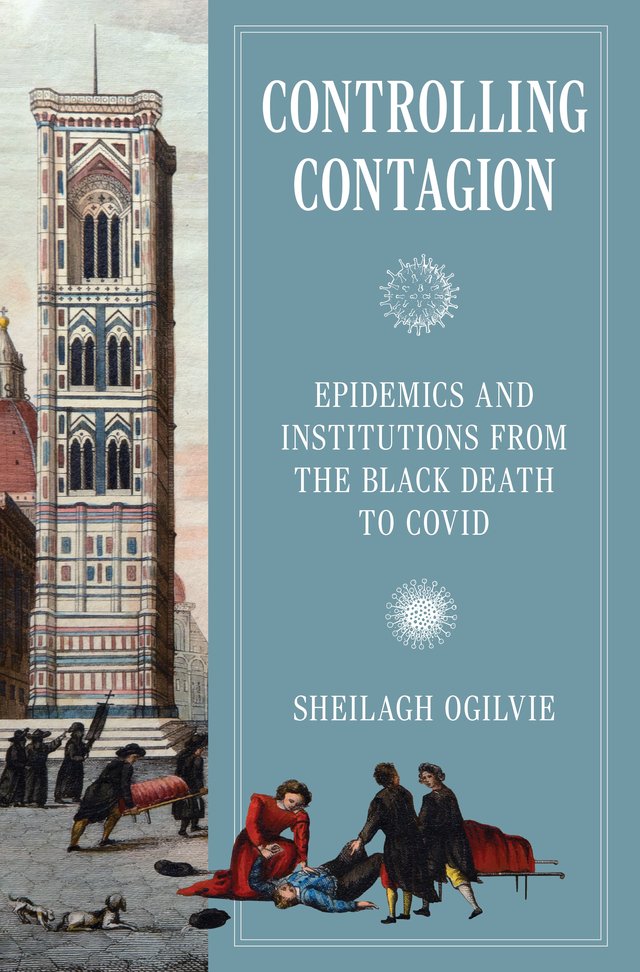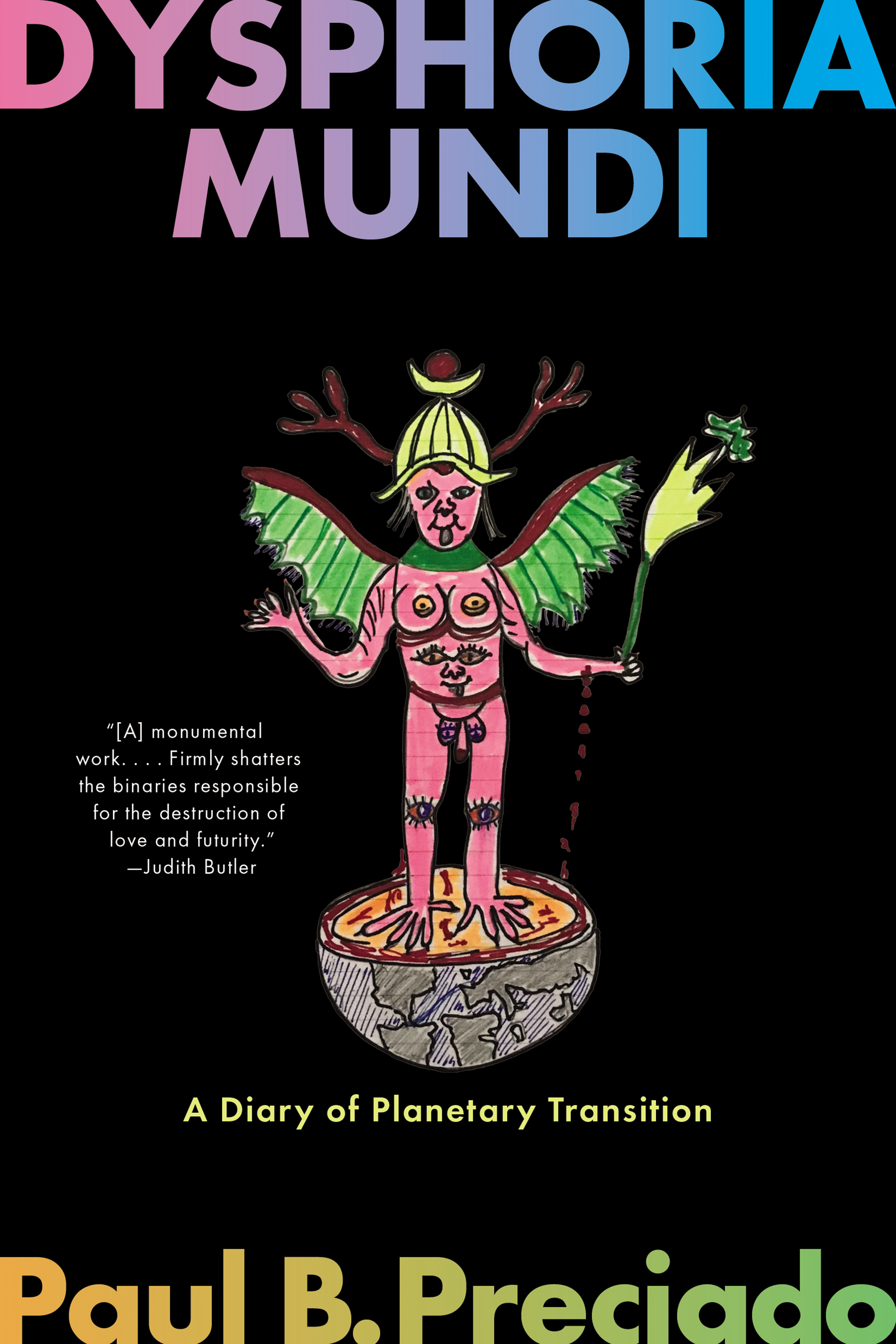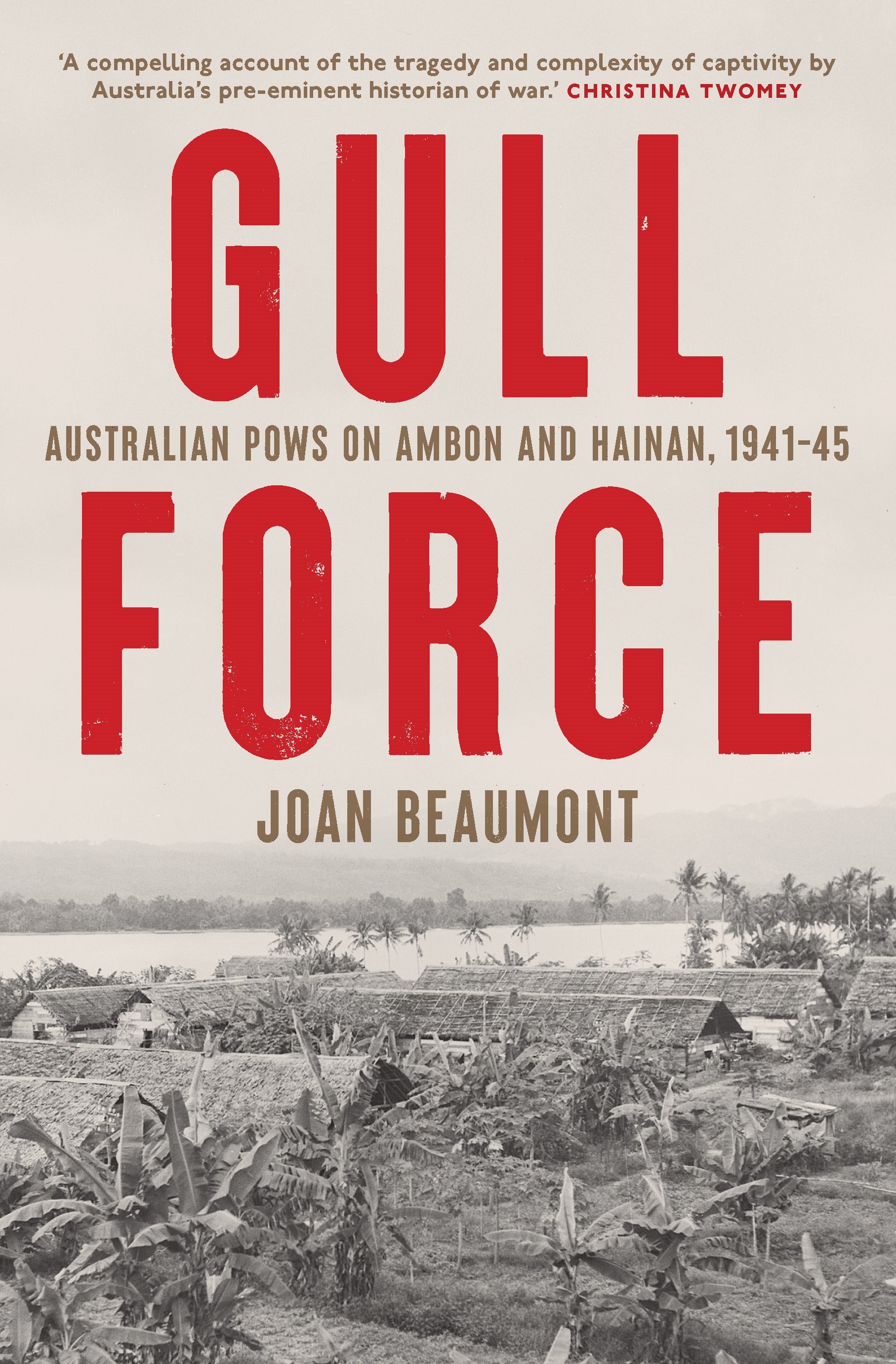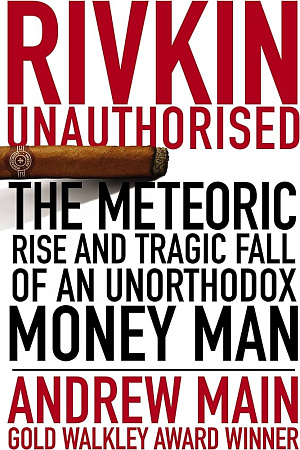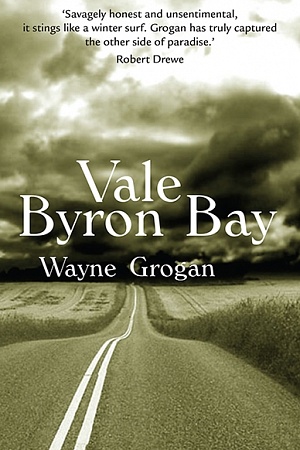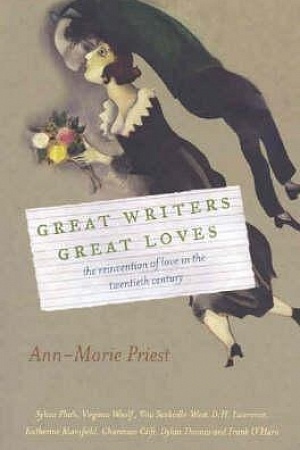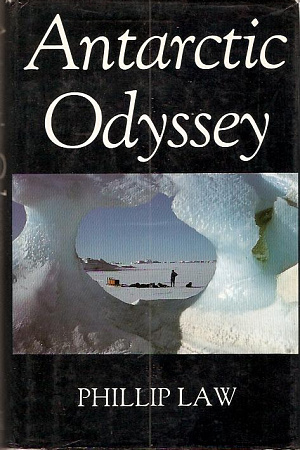Silent Catastrophes: Essays in Austrian literature
ABR receives a commission on items purchased through this link. All ABR reviews are fully independent.
Ruins, relics, memento mori
In Too Soon Too Late: History in popular culture (1998), Meaghan Morris evokes Walter Benjamin’s ‘poor angel of history’, whose wings, ‘encrusted’ with scholarly citation, now beat ‘sluggishly in the service of a not very lively professionalism’. The critical discourse around W.G. Sebald (1944-2001) sometimes produces a similar feeling of fatigue, not least in its relationship to Benjamin, whose influence on Sebald’s melancholic oeuvre is well documented. ‘When I came across Benjamin, I stared at what he had written in amazement,’ Sebald said in a 1999 interview with Toby Green. Against this background, and the accompanying suspicion that the Benjamin-inspired version of academic melancholia might have already exhausted itself, the English-language publication of Sebald’s essays on Austrian literature feels like a timely reanimation of tropes – exile, homeland, revenant and ruin – that have assumed the immobility of an allegorical frieze around the stone foundation of the twentieth century’s horror.
Continue reading for only $10 per month. Subscribe and gain full access to Australian Book Review. Already a subscriber? Sign in. If you need assistance, feel free to contact us.
Silent Catastrophes: Essays in Austrian literature
by W.G. Sebald, translated from German by Jo Catling
ABR receives a commission on items purchased through this link. All ABR reviews are fully independent.

